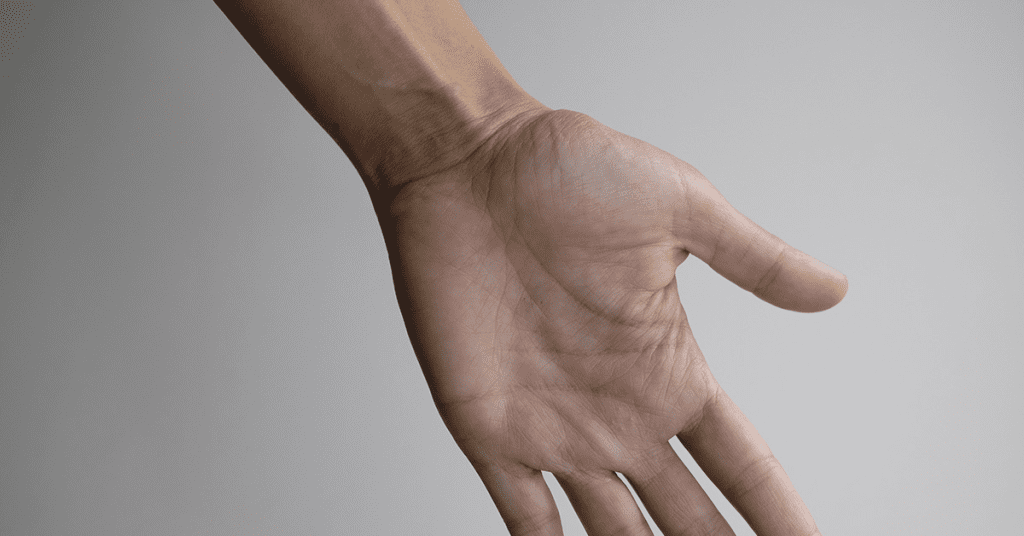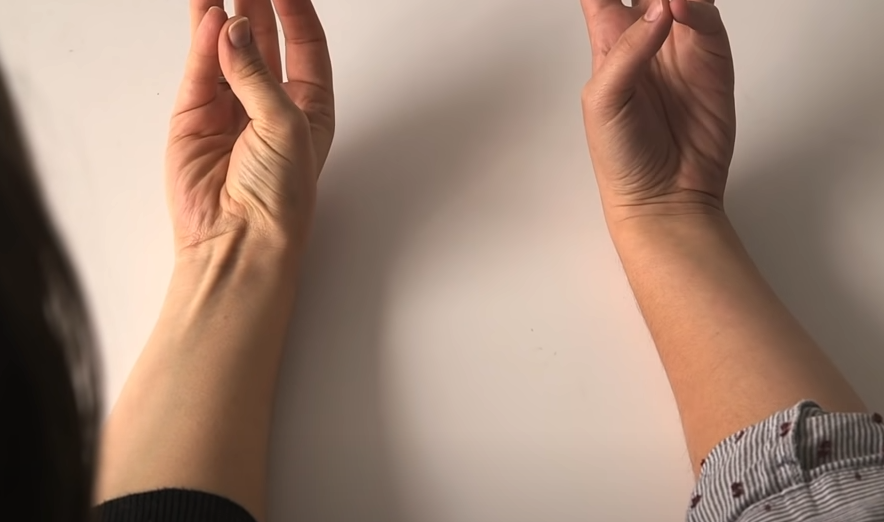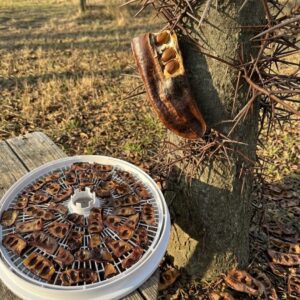Evolution is an intriguing and enigmatic phenomenon that has captivated the minds of scientists and laypeople alike. The idea that all mammals, including ourselves, are interconnected in some profound way is both fascinating and challenging to fully comprehend. Where can we find tangible proof of this evolutionary heritage?
The answer lies closer than you might think – within our very own bodies. Numerous internal and external characteristics we possess are merely remnants passed down from our predecessors. Many of these features no longer serve a practical purpose in our current lives, yet they persist, serving as a living record of our ancestral past.
Take, for instance, the strange sensation of getting goosebumps. This physiological response is not merely a random occurrence, but rather a vestige of our mammalian ancestors’ struggle to retain heat in colder environments. When experiencing cold temperatures, our primate forebears had a familiar way of dealing with the problem – by increasing their surface area to conserve body heat.

A muscle connected to our arm hairs contracts when we are cold, causing the hairs to stand upright and creating those familiar bumps on the skin. This mechanism, known as the pilomotor reflex, is a remnant of a once-crucial adaptation for survival. Today, apart from reminding us that we should have brought a coat, this trait serves little practical purpose in our modern lives.
However, we can still observe this biological instinct in action among our fellow mammals. When facing chilly weather, you might have noticed a pigeon puffing up its feathers to keep warm – a clear demonstration of this evolutionary vestige in action.
Moreover, when an animal feels threatened, such as when you startle a cat, you’ll notice their fur will puff out. This defense mechanism is an ancient adaptation aimed at deceiving potential attackers by creating the illusion of a larger size. Once again, this trait is a tangible link to our shared evolutionary past.
However, perhaps the most remarkable evidence of evolution lies within our arms, specifically within our tendons. There is a tendon that has been evolutionarily phased out in almost 10-15% of the human population, suggesting that we humans are far from reaching the end of our evolutionary journey.

Image Credit: Vox / YouTube
This tendon is associated with an ancient muscle known as the palmaris longus, which was predominantly used by arboreal primates such as lemurs and monkeys to aid in their movement from branch to branch. As humans and ground-dwelling apes like gorillas no longer rely on this muscle or tendon, both species have gradually been losing this internal function.
Nonetheless, evolution operates at its own pace – slowly, so nearly 90% of humans still retain this vestigial trait passed down from our primate ancestors. To check if you possess this tendon, place your forearm on a table with your palm facing upwards. Touch your pinky finger to your thumb and slightly lift your hand off the surface. If you observe a raised band in the middle of your wrist, you have the tendon connected to the still-existing palmaris longus.
If you do not see this tendon, congratulations, you are showing an evolutionary change! The presence or absence of this tendon offers a fascinating connection to our ancestral lineage, with those possessing it carrying a tangible link to our evolutionary past, and those without it representing tangible evidence of ongoing human evolution.

The ways in which our bodies retain traces of our evolutionary history never cease to amaze us. It’s remarkable to consider how our physical features, even those which seem insignificant or obsolete, can reveal profound insights into our evolutionary journey.
From the goosebumps that once helped our ancestors retain heat to the tendon that connected our primate predecessors to the branches they swung upon, our bodies are a living museum of our evolutionary heritage. By embracing and understanding these evolutionary relics, we can gain a deeper appreciation for the remarkable processes that have shaped us into the species we are today.
The human body is a veritable treasure trove of evolutionary clues, offering a tangible connection to our ancestral past. As we continue to unravel the mysteries of our evolutionary journey, the insights we glean from these physical remnants will undoubtedly deepen our understanding of the remarkable story of life on our planet.
So the next time you feel a shiver run down your spine or notice a raised band on your wrist, take a moment to marvel at the evolutionary legacy etched into your very being. For in these seemingly insignificant details lies a profound testament to the incredible adaptations and transformations that have led us to where we are today.






